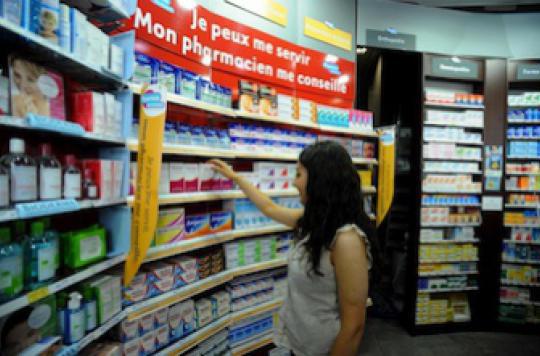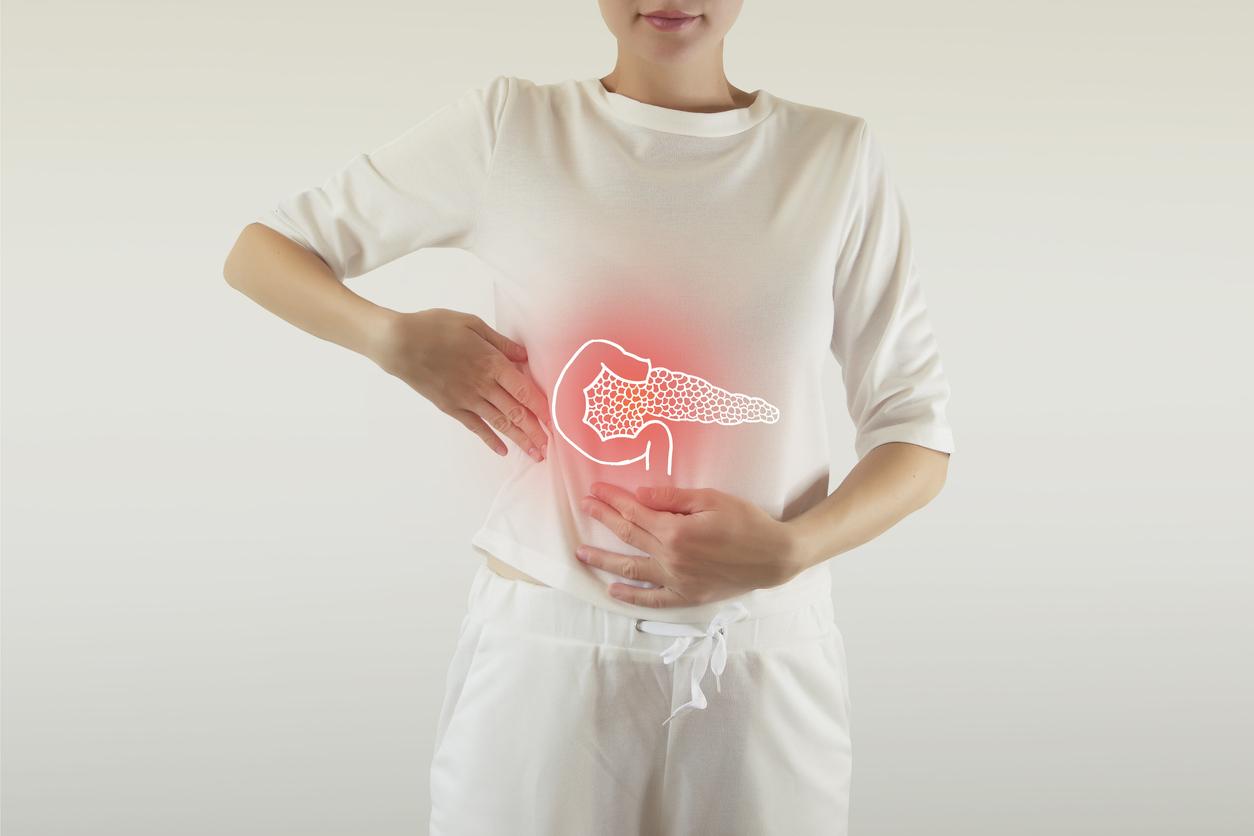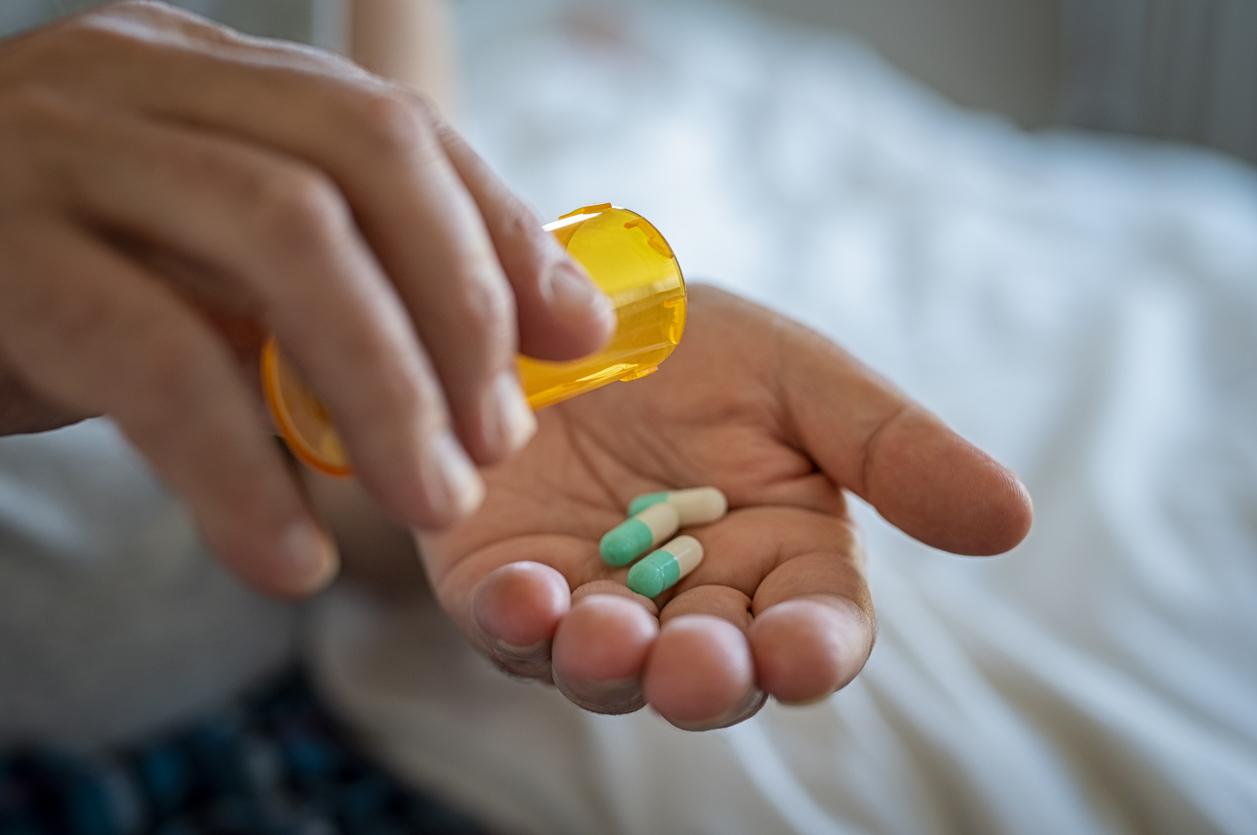In December 2014, the self-medication sector experienced record sales. For the drug industry, this increase can be explained by the general practitioners’ strike at the end of December.

Mobilized against Marisol Touraine’s health bill, liberal doctors went on strike overwhelmingly at Christmas. A mobilization that could have benefited pharmacists according to figures unveiled on Tuesday by the pharmaceutical industry.
224 million euros in turnover
Data from the 13th barometer of self-medication products, carried out by Afipa (French association of the pharmaceutical industry for responsible self-medication) in collaboration with Celtipharm (1) show that the self-medication market remains stable: -0, 4% in value and -0.7% in volume.
But the highlight of the year occurred in December when the self-medication sector experienced a real market turnaround, recording record sales of 224 million euros. “The highest turnover for 10 years! », Wrote Afipa in a press release.
The general practitioners’ strike as an explanation
To explain this record increase, the association indicates that “more than 8.2 million euros in sales are attributable to the general practitioners’ strike at Christmas. »In comparison with the month of December 2013, the self-medication market grew by + 12.6% in December 2014. Medicines treating respiratory tract diseases and painkillers (analgesics) have largely contributed to this sales boom.
Asked by why actor, Dr Luc Duquesnel, president of the general branch of the CSMF, the main union of liberal doctors, explains that even to treat winter ailments (nasopharyngitis, gastroenteritis, etc.), self-medication is not without danger. The major risk lies in hazardous associations of different active ingredients which can interact with each other. “There are no minor ailments in winter. If you take ibuprofen and have a sensitive stomach, you can get a stomach ulcer. I remind you that unlike the general practitioner, the pharmacist does not know the patient’s history ”, underlines the doctor.
Evolution of the number of sales tickets on the self-medication market by segment in December / January 2013 and 2014

Source: Afipa
Self-medication expensive for patients?
In a press release, Pascal Brossard, President of Afipa, indicates that lessons can be drawn from this situation: “The movement of general practitioners has led to a transfer of consultations from the doctor to the pharmacist for the treatment of mild cases. Beyond this particular context, it seems obvious that this method of taking charge of common pathologies would make it possible to de-clutter medical offices and emergency services, which could focus on the most serious cases and the monitoring of chronic diseases. », He believes.
He concludes: “This episode made it possible to test the organizational model long proposed by Afipa where responsible self-medication is the first step in the care process.”
A point of view that Dr Luc Duquesnel does not share, for whom this model has many disadvantages, at least for the patient.
Listen to Dr Luc Duquesnel, president of the UNOF-CSMF: ” I do not think that users can be happy about it because these are non-reimbursed drugs which are also very expensive.. “
1) Carried out using the Celtipharm Xpr-SO® panel, a panel of 3,004 pharmacies representative of the French pharmacy stock. Results in mainland France excluding Corsica. Data excludes prescription sales. Indicators produced from self-medication sales on the advice of the pharmacist.
.















